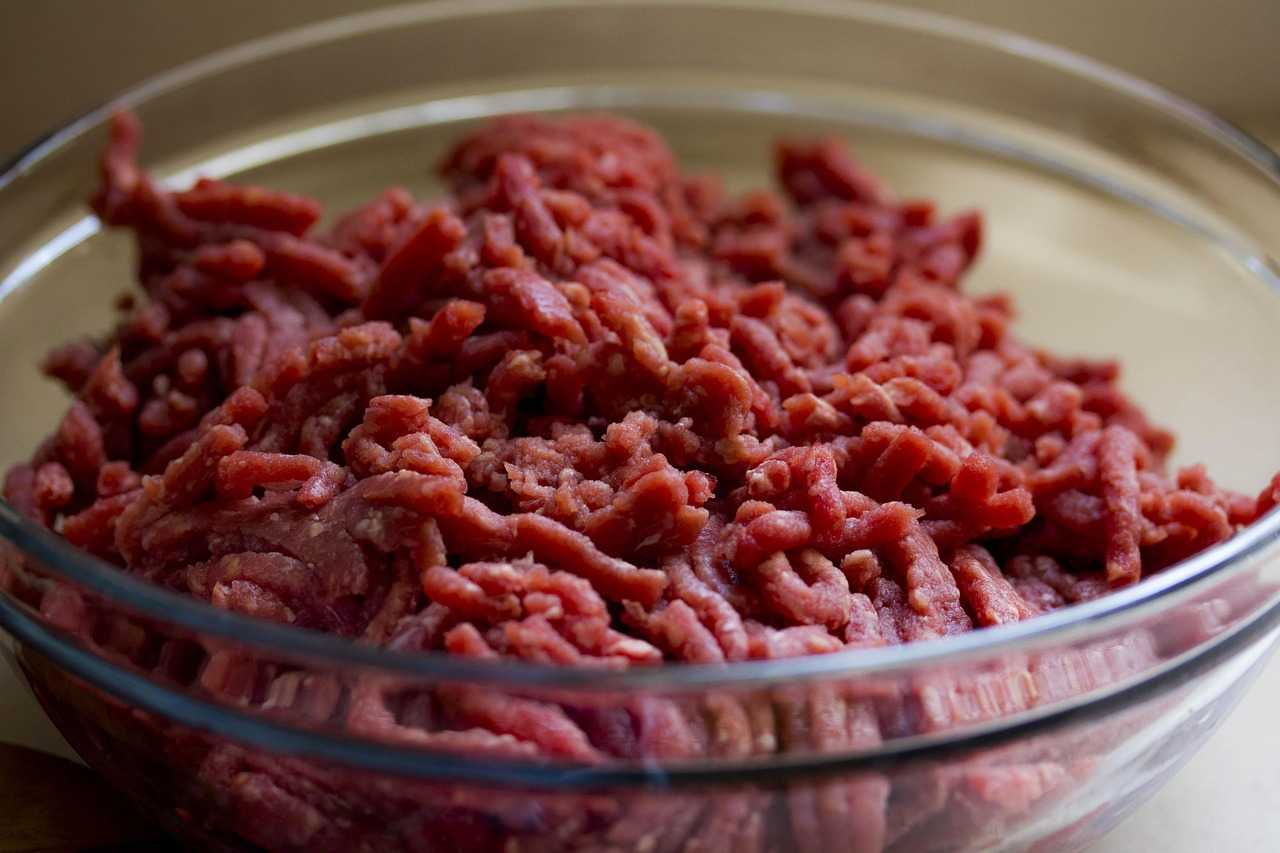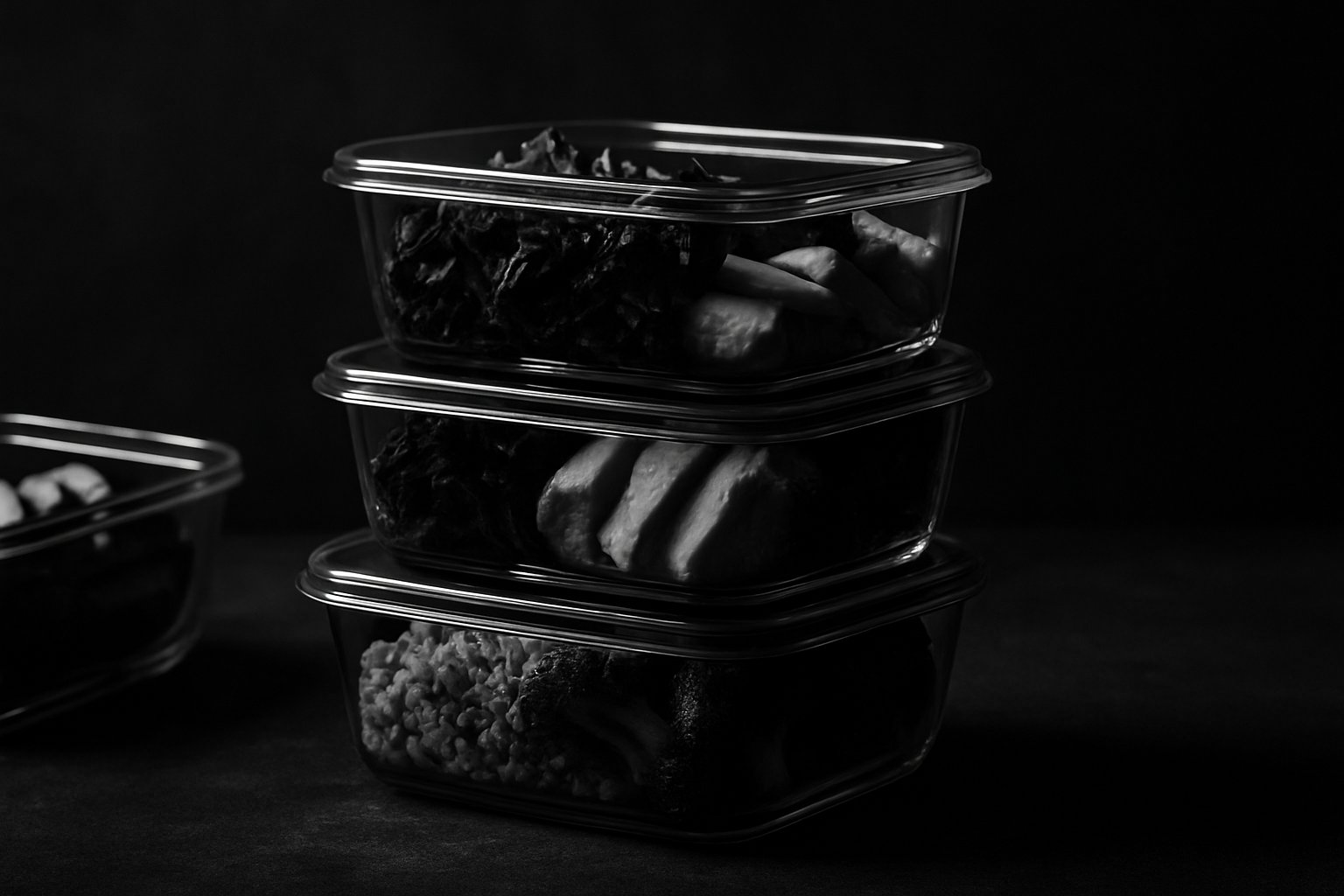What Is Zydaisis Anyway?
Zydaisis is a relatively underresearched autoimmune condition marked by inflammation, fatigue, and gastrointestinal issues. It tends to fluctuate—some days are manageable, others hit hard. While medical treatments help reduce symptoms, the stuff you put on your plate every day can dial your discomfort up or down.
There’s no miracle cure. But crafting a daily menu that supports gut health, reduces inflammation, and keeps your immune system chill? That’s a solid move.
Zydaisis Disease Which Foods to Avoid
So, let’s cut to it. For zydaisis disease which foods to avoid, the main offenders tend to fall into the following categories:
1. Highly Processed Foods
Stuff loaded with artificial colors, preservatives, and additives has no business in a Zydaisisfriendly diet. Think packaged snacks, frozen meals, and fast food. Why? Because these foods often promote systemic inflammation. Plus, they’re low in nutritional value, which your immune system desperately needs.
2. Refined Sugar and Sweeteners
Inflammation’s best friend is sugar. Regular consumption of candy, soda, pastries, and sweetened beverages can set off a flare faster than you think. Even sugar substitutes like aspartame may trigger symptoms in some individuals.
3. GlutenContaining Grains
Wheat, barley, and rye can be problematic for many with autoimmune issues. Gluten might aggravate gastrointestinal distress, even if you’re not officially celiac. Try going glutenfree for 30 days to see if symptoms ease.
4. Dairy Products
For plenty of people with Zydaisis, dairy translates to bloating, inflammation, and mucus buildup. Milk, cheese, yogurt—it’s trialanderror, but lots of sufferers report improvements when they cut it out. Calcium and probiotics can be replaced from other sources.
5. Nightshade Vegetables
Tomatoes, eggplant, bell peppers, and white potatoes aren’t dangerous per se, but in some people with Zydaisis, nightshades can fan the inflammation flame. It’s not universal, so eliminate them for a while and see how you feel.
6. Alcohol and Caffeine
A strong inflammatory response, poor sleep, and digestive issues all follow heavy use of alcohol or too much coffee. Mindful moderation is key. For some, total elimination is even better.
7. Red Meat and Processed Meats
Think bacon, sausage, steak, jerky—these are heavy hitters for inflammation and difficult digestion. Instead, pivot to lean animal proteins or plantbased alternatives like lentils and tofu.
What Should You Eat Instead?
Now that we’ve gone through zydaisis disease which foods to avoid, let’s give your fridge a purpose. Build your meals around ingredients that are easy on your body and rich in antiinflammatory benefits.
1. Bright Veggies (Minus Nightshades)
Leafy greens, broccoli, carrots, and squash are nutrientdense and help regulate inflammatory responses.
2. Omega3 Fatty Acids
Salmon, flaxseed, chia, and walnuts help reduce chronic inflammation. Try to include them several times a week.
3. Whole GlutenFree Grains
Brown rice, quinoa, millet, and certified glutenfree oats can give you lasting energy without upsetting your digestive system.
4. Herbs and Spices
Turmeric, ginger, and cinnamon do more than add flavor—they help block inflammation naturally.
5. Healthy Fats
Extra virgin olive oil, avocado, and nut butters give your body the fats it needs without going overboard.
6. Hydration
Simple but often skipped: drink water. Dehydration stresses every system in your body. Herbal teas and infused waters are good alternatives if plain water bores you.
Meal Planning for the Real World
Looking to transition off trigger foods doesn’t mean overhauling your life in a single day. Start small:
Swap white bread for glutenfree versions. Use olive oil instead of canola. Replace soda with unsweetened iced tea. Build grain bowls with quinoa, veggies, and lean protein.
Write down symptoms and food choices in a log for a couple of weeks. You’ll spot patterns quickly and gain an edge in controlling flareups.
Quick Takeaways
When trying to manage an unpredictable condition like Zydaisis, food is your daily opportunity to fight back. Anyone dealing with zydaisis disease which foods to avoid should remember this isn’t about deprivation—it’s about stacking the odds in your favor.
By ditching inflammatory, highly processed ingredients and moving toward a wholefood, antiinflammatory plan, you create real leverage over your health. It may take some trial and error, but the payoff is fewer flareups and a more stable daytoday life.
Final Word
There’s no perfect Zydaisis diet, but there are clear troublemakers worth eliminating. Start with one category—maybe it’s sugar or dairy—and build from there. Everybody’s response will vary, and that’s OK. Trust your body, stay consistent, and lean on whole, unprocessed foods as your daily fuel.
Control what you can. That starts with what’s on your plate.




